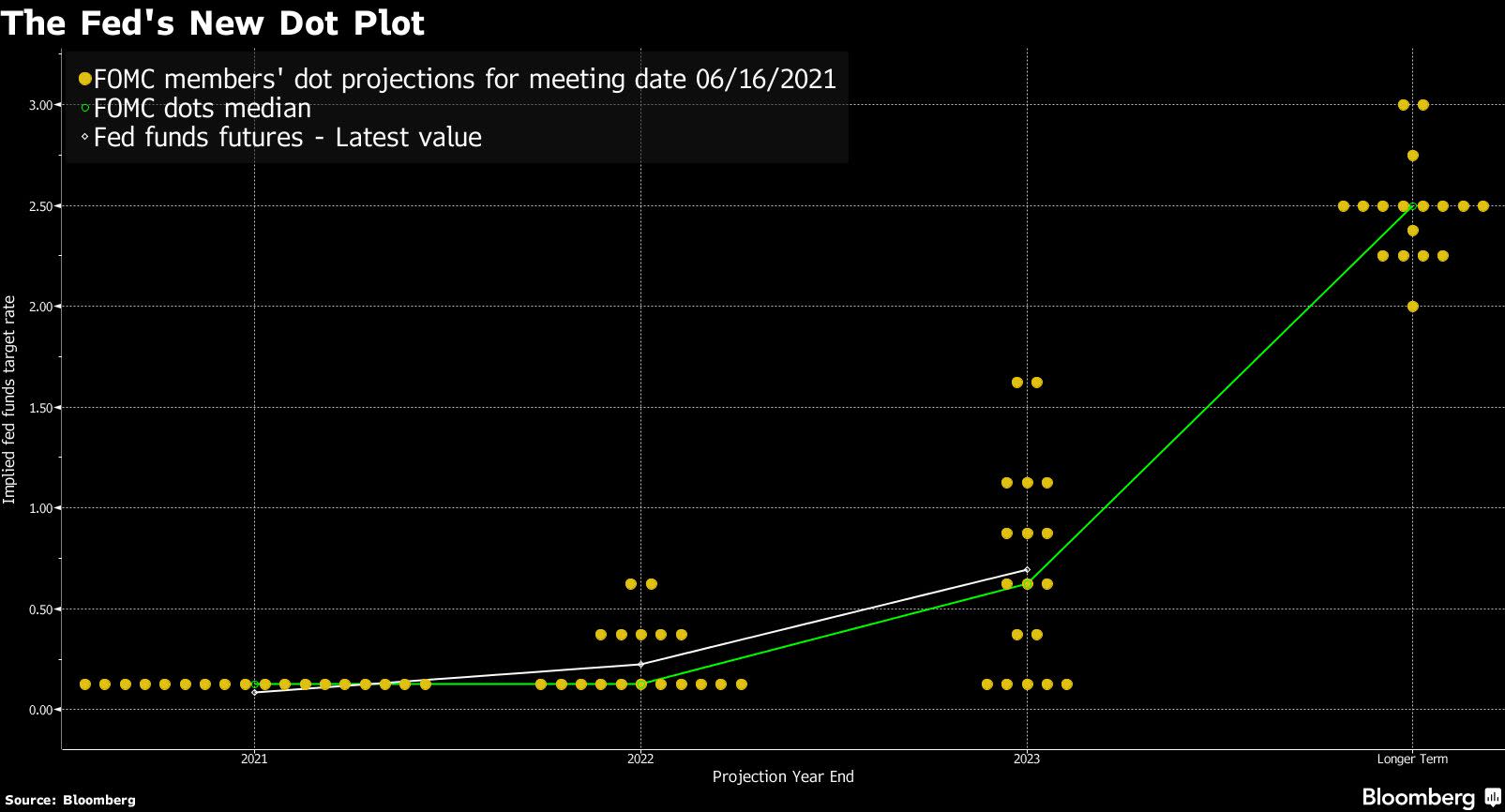Williams Pushes Back on Fed Tapering MBS Faster Than Treasuries

(Bloomberg) — The U.S. central bank’s purchases of Treasury and mortgage-backed securities are both contributing to lower housing costs, Federal Reserve Bank of New York President John Williams said, alluding to an ongoing debate among policy makers over whether or not to scale back MBS buying faster than Treasuries when the time comes to taper.
“I don’t see them as, one tool is particularly focused on housing and the other not,” Williams told reporters Monday after a virtual speech at an event hosted by the Bank of Israel. “Both of them affect interest rates. Therefore both of them affect the cost of housing.”
The Fed is currently buying $80 billion of Treasuries and $40 billion of mortgage-backed securities each month, and Fed officials are planning to discuss in coming policy meetings the timing and mix of reductions in the pace of purchases as the economy recovers from the pandemic.
Minutes of the June 15-16 gathering of the central bank’s rate-setting Federal Open Market Committee, on which Williams serves as vice chair, revealed a debate over the merits of tapering purchases of the two types of bonds at different rates.
“Several participants saw benefits to reducing the pace of these purchases more quickly or earlier than Treasury purchases in light of valuation pressures in housing markets,” according to the record of the gathering, which the Fed published on July 7.
“Several other participants, however, commented that reducing the pace of Treasury and MBS purchases commensurately was preferable because this approach would be well aligned with the Committee’s previous communications or because purchases of Treasury securities and MBS both provide accommodation through their influence on broader financial conditions,” the minutes said.
The Fed has pledged to maintain the pace of purchases until “substantial further progress” is made on employment and inflation.
Williams said that “clearly, right now, we have not achieved that” threshold. He also said that he prefers to finish the tapering process before raising interest rates but “that’s way off in the future, for me.”
Officials see rates on hold near zero through 2022 with two hikes penciled in the following year, according to the median estimate of their projections published after the meeting.
The New York Fed chief was also asked about the recent decline in longer-term Treasury yields. He pointed at global factors, including concern over the spread of the delta variant of Covid-19, pessimism over the pace of the world economic recovery and whether it can escape the low rates that had been a characteristic of advanced economies even before the pandemic struck.
“I do think it’s a global story that people are digesting,” Williams said.
(Updates with comment from Williams in eighth paragraph.)
More stories like this are available on bloomberg.com
Subscribe now to stay ahead with the most trusted business news source.
©2021 Bloomberg L.P.




